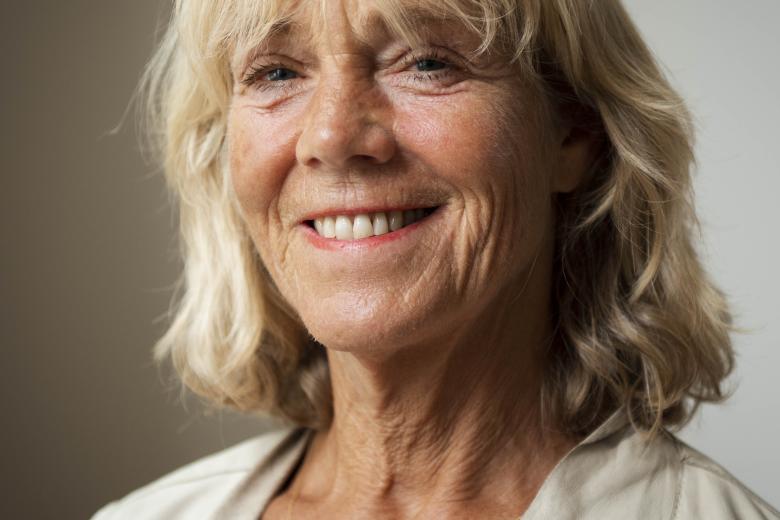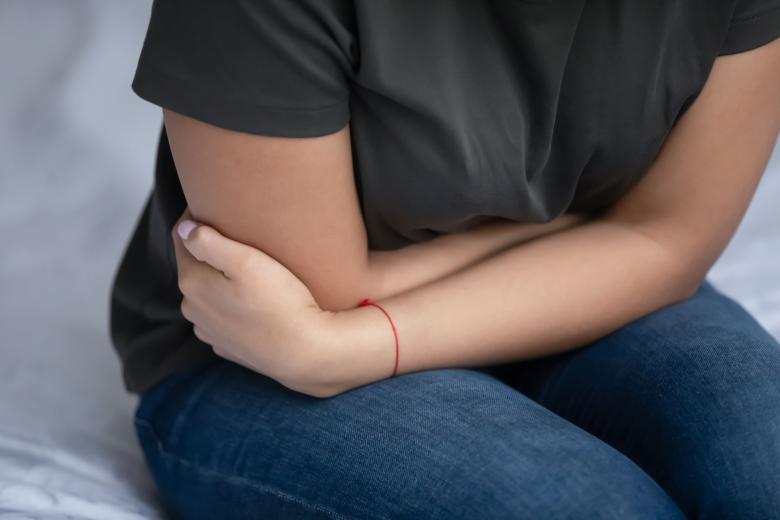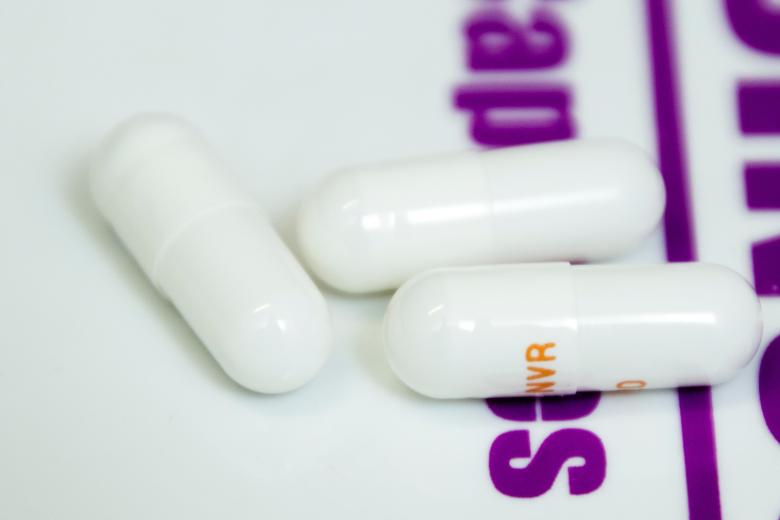Cross-border healthcare not standard practice
International collaboration in healthcare is not standard practice, even in border regions, according to a recent study by Maastricht University and Uniklinik RWTH Aachen. As part of the SafePAT project, healthcare professionals (doctors, nurses and ambulance workers) from the Meuse-Rhine Euregion were asked to share their experiences with international patient transfers. Just 30% of respondents occasionally dealt with international transfers, during which they encountered a variety of practical obstacles, such as cultural differences, language barriers and differences in the organisation of care. Prejudices and hierarchical differences can also make collaboration difficult, particularly when transferring patients.
Interviews with doctors, nurses, ambulance workers and patients revealed that international collaboration is hindered by differences in language, culture and systems. Collaborations like these may also require considerable administrative work on behalf of insurers. Hierarchical differences and negative attitudes or prejudices can also complicate collaboration. Furthermore, a patient’s safety may be compromised if it is unclear who is responsible for the patient at a specific time.
But international collaboration can also have major advantages. For example, patients don't have to travel as far for specialised treatment and may be helped more quickly across the border. For healthcare professionals, collaboration also offers the opportunity for further specialisation. They can apply their expertise more frequently and to a larger patient group.
On 24 October from 12.30 to 17.00, healthcare professionals from the Netherlands, Germany and Belgium will come together to discuss the results of the study during a symposium at the AIXTRA/CT2 Center for Teaching and Training (Forckenbeckstraße 71) in Aachen. Investing in international collaboration in healthcare is particularly important in a border region like this, with major hospitals in Aachen, Liege, Genk and Maastricht. The project representatives from Maastricht, Aachen, Liege, Hasselt, Heerlen and Genk are currently developing a training programme to prepare and support healthcare professionals in their collaboration with colleagues abroad.
For more information about the study and to register for the symposium, visit www.safepat.eu/events or send an e-mail to info@safepat.eu.
Also read
-
Menstruation is still a taboo in the workplace
In honour of the presentation of the VNVA Els Borst Prize for her oeuvre, Prof Marlies Bongers is organising the symposium "menstruation in RED on the agenda" on 1 October.

-
Repeat miscarriages: does the immune system play a role?
In women trying to conceive, 1-3% experience repeated miscarriages. For more than 50% of these women, a cause for the miscarriages has yet to be found. New research from Maastricht University (UM) and the Maastricht University Medical Centre+ (MUMC+) shows that the immune system’s Natural Killer (NK...

-
New European project aims to think outside the box when it comes to medicine
The European Commission has awarded €23 million to set up a new platform for drug repurposing: the use of existing drugs in diseases other than those for which they were originally developed. In the next seven years UM will develop the platform REPO4EU (precision drug REPurpOsing for Europe)...
